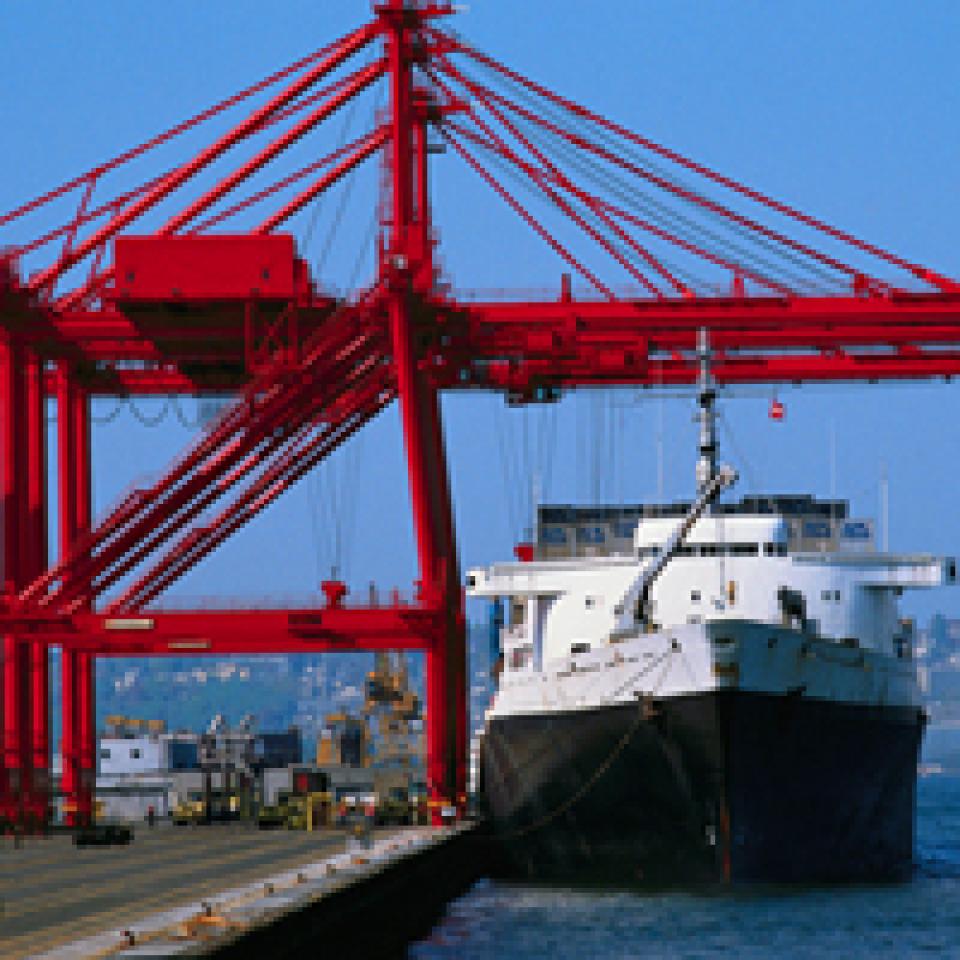At least six more ships are expected to shun Auckland before Sunday as the country's largest container port lies crippled from the early days of a three-week strike, the NZ Herald reported.
That is on top of 12 ships already diverted to other ports during seven strikes against the council-owned port company since early December, when about 300 workers were also locked out for 48 hours.
Many other ships have been delayed and the company estimates its revenue loss so far from the diversions at up to $3.5 million, not counting hefty costs to importers and exporters unable to get goods to market in time.
The dispute has also started putting a squeeze on exports from other ports, which rely on the supplies of empty containers imported through Auckland.
Although shipping giant Maersk hopes to berth a vessel in Auckland, and have it worked by non-striking port staff, the Maritime Union says it will believe that when it happens.
That follows a last-minute decision by a Singapore-based shipping line to turn around a container vessel and its cargo including foodstuffs and industrial supplies in the Hauraki Gulf on Sunday night and divert it to Tauranga, under alleged union pressure.
Auckland port company chief Tony Gibson and the union, whose members are striking against a threat to contract out their jobs, traded claims and denials yesterday about where such pressure came from.
The port has recently announced that it will sack almost 300 workers and will contract out their work. However the union is seeking to declare the sacking invalid at the Employment Court.
Auckland port workers have hit back at plans to sack them and contract out their jobs, with yet more industrial action - and a legal challenge.
The Maritime Union yesterday slapped a notice on Ports of Auckland aimed at extending a strike by 235 of its members by 14 more days, to six weeks.
Union president Garry Parsloe recently that the extra strike notice was to protect his members' legal position, so the company could not start employing contract labour alongside them if they returned to work.
He said when union leaders spoke to the workers after the decision to make them redundant, "the hatred that came from it demanded we up the ante of strike".
That was shared by the public from whom donations were "pouring in" on top of "hundreds of thousands of dollars" from other unions.
Gibson meanwhile said the Ports of Auckland was urgently considering whether it could sue the union for damages.
He said it had been told by the shipping company Pacific International Lines of being threatened by a Maritime Union official from a conference in Australia with a "black ban", a claim denied by union president Garry Parsloe.
"I am the spokesman for the Maritime Union of New Zealand and I never said it and never instructed anybody to say it," he said.
"International unions talk to international shipping companies every day - they are entitled to do that - nobody can stop them and if that results in ships not coming to Auckland, I can't do anything about that."
Importers' Institute secretary Daniel Silva, although a strong critic of the strike, said the company was "barking up the wrong tree" by investigating legal action against unionists.
"They are in the business of demanding with menaces, and the law allows it," he said.
Despite his pessimism, both sides have agreed to meet before a mediator on Thursday and Friday to explore the chance of settling a new collective employment deal.
The decision would have a flow-on effect for dairy owners and other businesses that use the ports, as well as "Auckland city as a whole'', he said.
Fellow Local 13 spokesman Russell Mayn agreed, saying the job losses would also have a devastating effect on the families involved "There's huge international support - I mean this is an international incident at this point," said International Longshore and Warehouse Union vice-president Ray Familathe, as 300 Auckland port workers reached the 10th day of a four-week strike.
"It has gone beyond reason, the management seems to be on a destructive path here, which just seems to have no common sense about achieving some balance in the collective agreement between management and labour."
Source: NZ Herald


